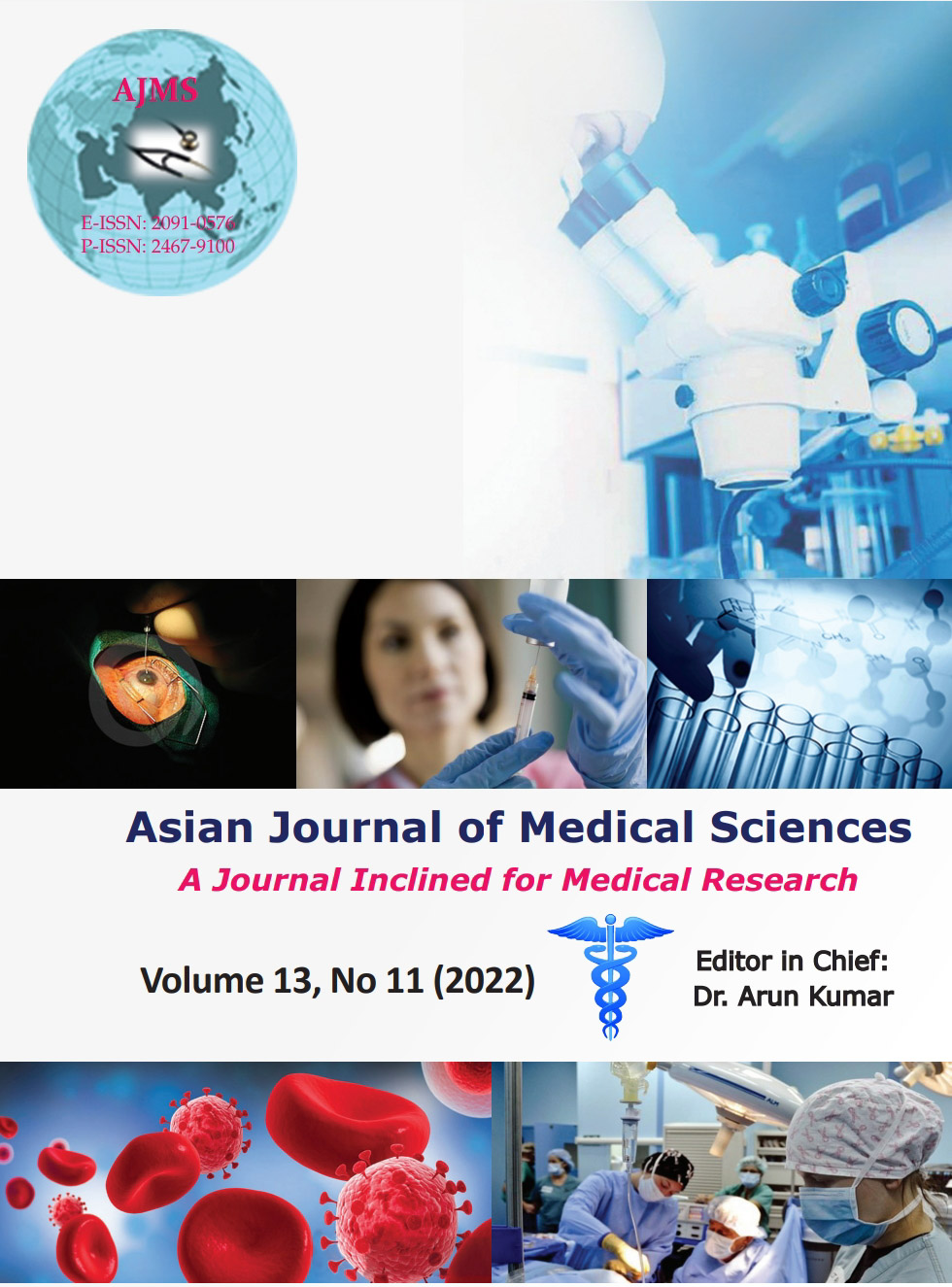Effectiveness of 12 weeks of electrical vestibular nerve stimulation in the management of obesity: A pilot study
Keywords:
Alternative therapy; Lipid profile; Obesity; Overweight; Vestibular systemAbstract
Background: It was hypothesized that electrical vestibular nerve stimulation (VeNs) was an effective therapy in the management of obesity.
Aims and Objectives: The present pilot study was undertaken to observe the efficacy of 12-week electrical VeNs in the management of obesity.
Materials and Methods: As this is a pilot study, a total of ten obese male and female participants were recruited after obtaining written, informed consent. After recording the baseline values, electrical VeNs was administered as an intervention for 12 weeks. The post-interventional assessment was done after 12 weeks.
Results: There was a significant decrease in the serum cholesterol, VLDL, and HbA1C followed by the vestibular stimulation for 12 weeks. Although the body weight was decreased, it was not statistically significant.
Conclusion: The present pilot study results support the positive impact of electrical VeNs in the management of obesity. Further, detailed studies with higher sample size were recommended to provide adequate scientific evidence to adopt electrical VeNs as an alternative therapy for the management of obesity.
Downloads
Downloads
Published
How to Cite
Issue
Section
License
Copyright (c) 2022 Asian Journal of Medical Sciences

This work is licensed under a Creative Commons Attribution-NonCommercial 4.0 International License.
Authors who publish with this journal agree to the following terms:
- The journal holds copyright and publishes the work under a Creative Commons CC-BY-NC license that permits use, distribution and reprduction in any medium, provided the original work is properly cited and is not used for commercial purposes. The journal should be recognised as the original publisher of this work.
- Authors are able to enter into separate, additional contractual arrangements for the non-exclusive distribution of the journal's published version of the work (e.g., post it to an institutional repository or publish it in a book), with an acknowledgement of its initial publication in this journal.
- Authors are permitted and encouraged to post their work online (e.g., in institutional repositories or on their website) prior to and during the submission process, as it can lead to productive exchanges, as well as earlier and greater citation of published work (See The Effect of Open Access).




